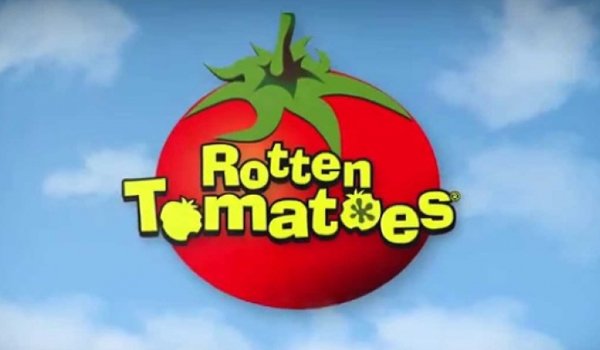Why Martin Scorsese Doesn't Like Rotten Tomatoes And Cinemascore

Once upon a time, many movie fans turned to their local critics or popular national figures like Roger Ebert to decide whether or not to see a particular movie. Now, most of those same people use Rotten Tomatoes, which aggregates more than a hundred critics into one score, or they use Cinemascore, which assigns a letter grade to films based on audience reaction. To some observers, those easy to use tools are positive developments, but to many in the industry, they're a menace with very real side effects. If you don't believe me, ask Martin Scorsese.
The acclaimed director fired off a guest column in The Hollywood Reporter this week. He spent most of the piece defending Darren Aronofsky's mother!, which got an F on Cinemascore, but he also saved some room for outlining the side effects he sees with those services.
They rate a picture the way you'd rate a horse at the racetrack, a restaurant in a Zagat's guide, or a household appliance in Consumer Reports. They have everything to do with the movie business and absolutely nothing to do with either the creation or the intelligent viewing of film. The filmmaker is reduced to a content manufacturer and the viewer to an unadventurous consumer.
So, let me boil down his larger argument here. He feels, along with quite a few others, that both Rotten Tomatoes and Cinemascore essentially cut a movie's entire runtime down to some sort of score, and if that score doesn't live up to what someone is expecting, then suddenly that entire work is a failure. Beyond that, it also causes many potential consumers to skip a particular film entirely.
It's important to note Martin Scorsese isn't arguing against film criticism itself. He famously had some very kind words to say about Ebert. Instead, he's fighting against what he considers to be a dumbing down of film criticism. One would imagine he longs for the days of 1500 word reviews discussing things like tone and subtlety. Some writers are still doing that, of course, but as Rotten Tomatoes, MetaCritic and other aggregators have become more popular, it's easy to see many reviews have been shortened and deprioritized. Here's a little more of Scorsese's argument...
These firms and aggregators have set a tone that is hostile to serious filmmakers --- even the actual name Rotten Tomatoes is insulting. And as film criticism written by passionately engaged people with actual knowledge of film history has gradually faded from the scene, it seems like there are more and more voices out there engaged in pure judgmentalism, people who seem to take pleasure in seeing films and filmmakers rejected, dismissed and in some cases ripped to shreds. Not unlike the increasingly desperate and bloodthirsty crowd near the end of Darren Aronofsky's mother!
There are obviously two sides to every story, however. So, let me go ahead and present the counterpoint. No one has the time or energy to watch everything. Even when Roger Ebert was churning out hundreds of reviews every year, his end of the year list would always include notations about particular films he didn't get a chance to see. Consumers need something, some kind of guide, in order to tell them what is worth their time and what isn't. And since more knowledgeable voices are, in theory, more accurate that one single knowledgeable voice, it makes sense to find a way to bring those voices together. After all, critics associations have existed and have given out awards for decades, and Cinemascore is, if nothing else, a way to measure customer response, which exists in every business.
Rotten Tomatoes isn't a perfect system. There are very real flaws that Scorsese points out here, especially considering audiences seem to care about these scores a lot more for certain kinds of movies (dramas, independents, Oscar contenders) and a lot less for other kinds of movies (big budget event films, sophomoric comedies). But for every outside the box, daring independent movie it sinks before it gets a chance to find an audience, there is also another that may have not been recognized but suddenly starts building momentum because its Rotten Tomatoes score is in the 90s. Rotten Tomatoes will always be a mix of pros and cons, but whether there are more pros or more cons depends on your perspective.
Your Daily Blend of Entertainment News
Mack Rawden is the Editor-In-Chief of CinemaBlend. He first started working at the publication as a writer back in 2007 and has held various jobs at the site in the time since including Managing Editor, Pop Culture Editor and Staff Writer. He now splits his time between working on CinemaBlend’s user experience, helping to plan the site’s editorial direction and writing passionate articles about niche entertainment topics he’s into. He graduated from Indiana University with a degree in English (go Hoosiers!) and has been interviewed and quoted in a variety of publications including Digiday. Enthusiastic about Clue, case-of-the-week mysteries, a great wrestling promo and cookies at Disney World. Less enthusiastic about the pricing structure of cable, loud noises and Tuesdays.
